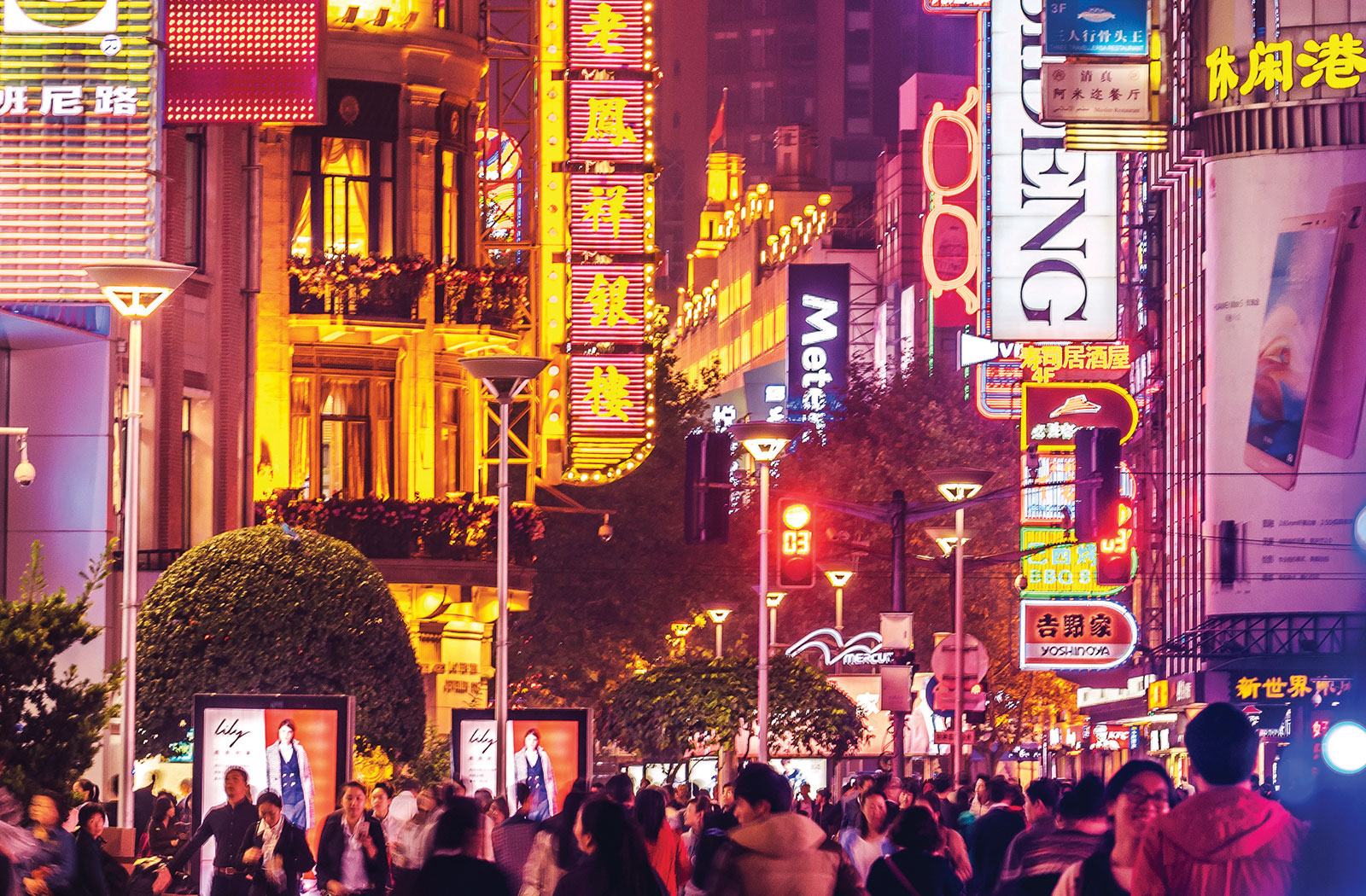A critical look at China’s future
As Xi Jinping tightens his grip on power in China, the world watches with bated breath, wondering what the future holds for this global superpower. The Chinese Communist Party (CCP) under Xi’s leadership has taken a dangerous turn, reverting to a one-man dictatorship reminiscent of the darkest days of Mao Zedong’s rule. This shift threatens not only China’s stability but also global peace and prosperity.
Xi’s consolidation of power echoes the tragic history of Mao’s reign, a period marked by catastrophic policies, mass starvation, and brutal purges. The Cultural Revolution, a thinly veiled civil war orchestrated by Mao to maintain his grip on power, serves as a stark reminder of the perils of unchecked authoritarian rule. Yet, Xi seems determined to follow in Mao’s footsteps, disregarding the hard-learned lessons of China’s past.
The post-Mao era saw China adopt a rule-by-committee system, which brought stability and unprecedented economic growth. This collective leadership approach opened China to the West and ushered in an era of relative prosperity. However, Xi’s ascension to power has systematically dismantled this system, replacing it with a personality cult reminiscent of Mao’s era.
Xi’s brutal elimination of political rivals and his self-appointment as leader for life in 2018 demonstrate a blatant disregard for democratic principles and the rule of law. This consolidation of power not only stifles internal dissent but also poses a significant threat to regional stability and global order.
The CCP’s silence on potential successors to Xi is particularly troubling. This lack of transparency fuels speculation and uncertainty, both within China and internationally. Xi’s apparent reluctance to groom a successor suggests a dangerous short-sightedness, prioritizing his personal power over the long-term stability of the nation.
As Xi ages, there are concerns that he may become more aggressive on the world stage, not less. This potential for increased belligerence, coupled with China’s economic and military might, presents a clear and present danger to global peace. The CCP’s “wolf warrior” diplomacy and its expansionist ambitions in the South China Sea and beyond are already causing significant international tensions.
Internally, Xi’s China has become an Orwellian nightmare. The implementation of a pervasive surveillance state, facilitated by advanced digital technologies, has turned the country into an industrial-scale police state. This level of control surpasses even Mao’s wildest dreams, allowing for unprecedented monitoring and oppression of the Chinese people.
The CCP’s iron grip on power has come at a tremendous cost to Chinese society. The country is becoming increasingly divided, with a growing chasm between the Party elites and the general population. Economic disparities are widening, and political oppression is intensifying, leading to rising dissension and cynicism among the populace.
In response to these internal challenges, the CCP is attempting to manufacture a sense of cultural unity. However, this effort rings hollow in the face of ongoing human rights abuses, particularly in regions like Xinjiang and Hong Kong. The Party’s actions betray its words, revealing a regime more concerned with maintaining power than with the welfare of its citizens.
As economic conditions in China continue to deteriorate, Xi may find himself faced with difficult choices. Like Mao before him, he may opt to further isolate China from the world in a desperate bid to maintain control. Alternatively, and perhaps more alarmingly, he may choose to embark on a militaristic path across the Asia-Pacific region and beyond, using external conflicts to distract from internal problems.
The parallels between Xi’s rule and the final years of Mao’s reign are striking and deeply concerning. Both periods are characterized by deep societal divisions, cultural suppression, and rebellion against CCP authority. While modern China may be technologically advanced compared to the 1960s and ’70s, the underlying issues of authoritarianism and social unrest remain disturbingly similar.
As we look to the future, the prospect of Xi’s succession looms large. Will China revert to a rule-by-committee system, or will it continue down the path of one-man rule? The answer to this question will have profound implications not only for China but for the entire world.
The international community must remain vigilant and united in the face of the CCP’s growing authoritarianism and expansionist ambitions. We must support the Chinese people in their struggle for freedom and democracy while holding the CCP accountable for its actions on the global stage.
The coming years will be critical in determining China’s trajectory. As Xi Jinping enters the twilight of his rule, the world watches with apprehension, hoping that China will chart a course towards greater openness, respect for human rights, and peaceful coexistence with its neighbors. The alternative – a continuation of Xi’s authoritarian policies – poses a grave threat to global stability and the aspirations of the Chinese people for a freer, more prosperous future.













